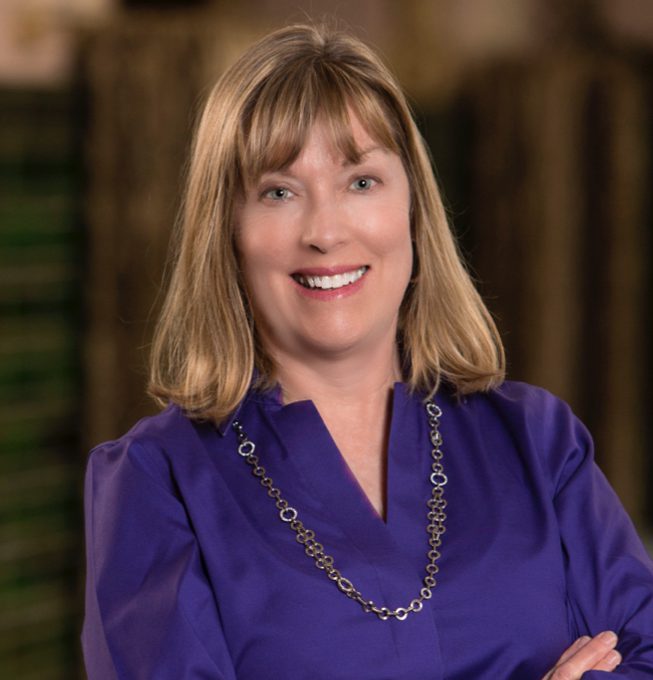March 06, 2021
Who Manages Your Money After Death?

In the simplest situations, after your death, you leave your money outright to your spouse if he or she is living. Then, when your spouse passes, they leave the remaining money to your children. This assumes a straightforward family scenario, perhaps with only one marriage involved. Ideally, everyone is experienced with money management, has happy and stable relationships themselves, and there are no major personal issues to worry about.
The ideal and uncomplicated situation is rarely the real family dynamic. Families are often blended, with one, two, three or more marriages involved. Children may have different parents and stepparents. When your children marry, that marriage may be rocky, and you could have concerns about money ending up with a divorced son- or daughter-in-law instead of your child.
Your desired beneficiaries may be wonderful people but not good with finances. You may have some children who handle money well and others who do not. Your spouse or a child may have special needs to consider. And your parents may not still be around to handle your affairs once you are gone.
It is not uncommon for one person in a marriage to handle all the finances, leaving their spouse unknowledgeable and vulnerable. This can be tricky when there are businesses, trusts, real estate and debt involved.
The question becomes, “Who can I depend on and trust to manage my money and estate for the benefit of my spouse, children and grandchildren?” This dilemma may not be that easy to solve.
Introducing your spouse and children to your trusted financial advisors is an important first step. Make sure they know who they are, what they do for you, and how to contact them. The list may include bankers, CPAs, investment advisors, estate and business attorneys, and business partners. These professionals can work alongside your beneficiaries if you are leaving money to them outright or if you will count on them to manage the money for others.
There are many reasons you may leave assets in a trust, for the benefit of your heirs, with a named trustee. The trustee, which can be a person or entity, will be responsible for proper management and distribution of your estate. The trustee will hire and work with your other advisors to fulfill their duties.
Finding someone to be a trustee is not easy. You may first think of family members, then business associates or a trusted professional, then friends, and then a corporate entity that is in the business of acting as trustee.
If you are naming an adult child to act as trustee for their siblings, be conscious of how this can affect important relationships. If your children do not get along, there can be deep resentment toward the sibling trustee.
If you are looking to a professional or a friend that you know well, they may be of the age that they will be retired or not want to act as trustee when the time comes. You also want to have serious conversations about the level of duty involved, personal family issues, and your expectations to make sure they will be able to accept a trustee position.
Thinking through money management after death can significantly improve the odds of success for your heirs, as well as help preserve important relationships.
This article originally appeared March 6 in the Casper Star-Tribune.
The opinions expressed by featured authors are their own and may not accurately reflect those of Buckingham Strategic Wealth®. This article is for general information only and is not intended to serve as specific financial, accounting or tax advice. Individuals should speak with qualified professionals based upon their individual circumstances. The analysis contained in this article may be based upon third-party information and may become outdated or otherwise superseded without notice. Third-party information is deemed to be reliable, but its accuracy and completeness cannot be guaranteed.
By clicking on any of the links above, you acknowledge that they are solely for your convenience, and do not necessarily imply any affiliations, sponsorships, endorsements or representations whatsoever by us regarding third-party websites. We are not responsible for the content, availability or privacy policies of these sites, and shall not be responsible or liable for any information, opinions, advice, products or services available on or through them. IRN-21-1862
© 2021 Buckingham Strategic Wealth®
Category
Family Life & TransitionsContent Topics
About the Author

Connie Brezik
Advisor Transition Coach
